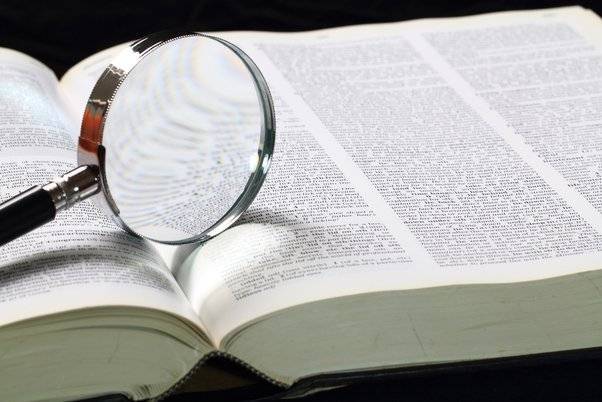Merriam-Webster, the oldest dictionary publisher in the United States, states that its users have repeatedly echoed one word in 2023: "authentic," as artificial intelligence (AI) has brought a new dimension to the digital age. The boom in AI and the rise of so-called "deepfakes," where images or videos can be digitally manipulated to deceive viewers, have resulted in a scenario where it has become difficult to trust one's own eyes when viewing content online.
According to Merriam-Webster, the public's search for clarity led to a significant rise in searches for the word "authentic," as it has become increasingly challenging to untangle the knot separating truth from fiction. Peter Sokolowski, the editor-in-chief of Merriam-Webster, remarked, "We see in 2023 a kind of authenticity crisis. What we recognize is that when we question authenticity, we value it more."
He added that the renewed interest in the word was partly driven by "stories and conversations surrounding artificial intelligence, celebrity culture, identity, and social media," resulting in what he described as a "significant increase" in search inquiries. The dictionary's producers also noted that "artists like Sam Smith and Taylor Swift have promoted the word this year by making statements about pursuing their 'authentic voice' or 'authentic self'."
Even Elon Musk, the owner of X (formerly Twitter), contributed to a slight increase in searches for the word after he encouraged people to be more "authentic" on the platform. Some words that placed second also provide a glimpse into the most discussed topics this year, such as "deepfake," as well as "deadname," defined by the dictionary as "the name given to a transgender person at birth that is no longer used after transition."
Additionally, the word "kibbutz," referring to communal settlements in Israel, saw a significant uptick following the October 7 attack. Last year, Merriam-Webster announced that the word of the year was "gaslighting," a term describing manipulating someone else in an attempt to make them doubt themselves.




